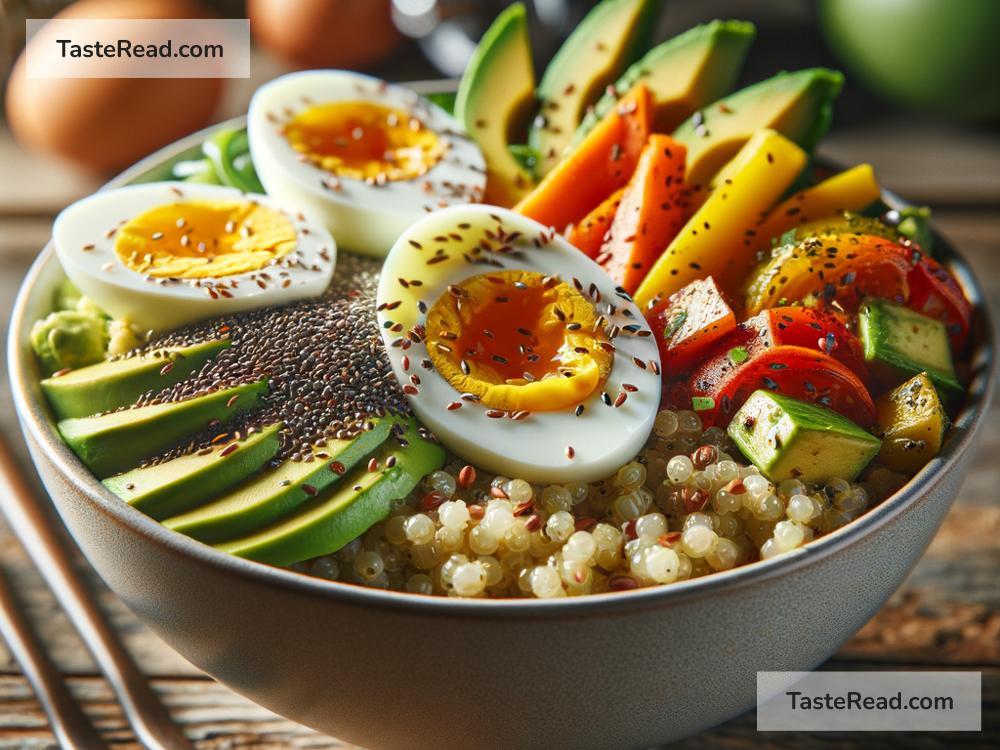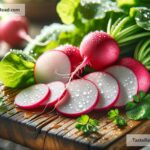How Quinoa Boosts Endurance for Physically Demanding Professions
When it comes to physically demanding work, stamina isn’t just a perk—it’s a necessity. Whether you’re climbing scaffolding on a construction site, lugging heavy loads as a mover, or doing long hours as a nurse, your body needs fuel to perform at its peak. Eating the right foods can make all the difference in maintaining energy throughout the day. One superfood that has gained massive recognition for its endurance-boosting properties is quinoa. But what exactly makes quinoa so special? Let’s find out.
What Is Quinoa?
First things first: what is quinoa? Quinoa (pronounced keen-wah) is a small, round seed that comes from a plant native to South America, specifically the Andes Mountains. Despite looking like a grain, quinoa isn’t a cereal grain like wheat or oats; it’s technically a seed. However, it’s often cooked and eaten like rice or other grains, so it’s referred to as a “pseudo grain.”
Quinoa has been a staple food of indigenous populations for thousands of years, fueling their hard work and even aiding warriors in battle. Given its nutritional value, it has been nicknamed the “gold of the Incas.” Today, people worldwide rely on quinoa as a powerhouse food for energy and endurance.
Why Is Quinoa a Superfood?
What makes quinoa so extraordinary for physical endurance is its rich nutritional profile. Let’s break down the key components:
-
Complex Carbohydrates for Sustained Energy
If you’ve ever crashed from eating sugary snacks or processed foods, you know what happens when your body is deprived of quality energy sources. Quinoa is packed with complex carbohydrates—a type of carb that digests slowly and releases energy steadily. This means fewer energy spikes and crashes throughout your day. For jobs requiring long hours on your feet or repetitive physical tasks, this sustained energy is invaluable. -
Complete Protein
Most plant-based foods don’t contain all nine essential amino acids your body needs to create protein, but quinoa is one of the rare exceptions. It’s a complete protein, which makes it excellent for muscle repair and growth. After lifting heavy objects or performing hours of manual labor, your muscles undergo tiny tears that need healing. Quinoa helps your body recover and prepares you for the next day. -
Rich in Magnesium
Magnesium is a mineral that plays a crucial role in muscle function and energy production. It helps convert the food you eat into usable energy, making it essential for anyone with physically demanding work. Quinoa is naturally high in magnesium, giving your body the strength it needs to keep moving. -
Iron for Better Oxygen Flow
Iron is vital for the production of red blood cells, which transport oxygen throughout your body. When you’re engaged in strenuous activity, your muscles and organs require more oxygen to function efficiently. Quinoa’s high iron content ensures that your body gets enough oxygen to stay energized and prevent fatigue. -
High Fiber Content
Fiber might seem unrelated to endurance at first glance, but it’s key to digestive health. Physically demanding jobs don’t often allow for long breaks, so feeling bloated or sluggish isn’t ideal. Quinoa’s fiber helps regulate digestion and keeps you feeling light yet full, providing the stamina you need to power through long hours. -
Packed With Antioxidants
Quinoa is loaded with antioxidants, such as flavonoids and quercetin, which help protect your cells from damage and reduce inflammation. For professions involving repetitive motions or heavy lifting, inflammation can lead to soreness over time. Eating quinoa regularly can help reduce this discomfort and keep your body working efficiently.
How to Incorporate Quinoa Into Your Diet
Adding quinoa to your diet is simple, versatile, and tasty! Here are some ideas to make it a staple in your meal plan:
-
Breakfast Boost
Start your day with quinoa porridge. Cook quinoa in almond milk or water, then top it with fruits, nuts, and honey for natural sweetness. This hearty meal provides stable energy to kickstart your day. -
Power-Packed Lunch
Swap out rice or pasta for quinoa in your lunch. Add grilled chicken or tofu, fresh vegetables, and a drizzle of olive oil for a balanced, protein-rich meal. -
Energizing Snack
Bake quinoa into energy bars or muffins to grab and go during work breaks. These snacks help replenish your stamina without resorting to unhealthy chips or candy. -
Dinner Recovery
After a long day, prepare a nutritious quinoa salad with avocado, black beans, and a citrus dressing. This meal works to repair muscles while keeping your digestion light and smooth.
Real-Life Benefits for Physically Demanding Jobs
Imagine a construction worker who spends hours lifting heavy tools and walking long distances around a worksite. Or picture a nurse enduring long overnight shifts, constantly moving between patients. For these professionals, fatigue can hinder performance and even put their safety at risk. Quinoa’s nutrient-dense profile can help such workers feel energized and focused without relying on caffeine or energy drinks.
Not only does quinoa boost endurance in day-to-day tasks, but it also aids long-term health. Its high magnesium content supports heart health, while antioxidants lower the risk of chronic inflammation and disease. By making quinoa a dietary staple, you’re not just fueling your body for today’s challenges—you’re preparing it for tomorrow’s victories.
Conclusion
For those in physically demanding jobs, maintaining endurance is about more than brute strength; it’s about providing your body with the right nutrition to support constant movement, heavy lifting, and muscle recovery. Quinoa is a superstar food that checks all the boxes: sustained energy, complete protein, essential minerals, and antioxidants. It’s affordable, easy to cook, and versatile enough to fit into any meal.
If your profession tests your limits every day, consider adding quinoa to your plate. You’ll be surprised how much difference this small seed can make in boosting your stamina and keeping you going strong.


